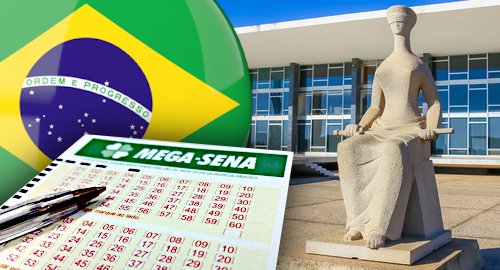Just ahead of the revelation that both President Donald Trump and First Lady Melanie Trump are apparently infected with COVID-19, reports surfaced on the use of artificial intelligence (AI) to detect the latest coronavirus strain. These AI solutions are using algorithms in different ways to determine if a potential case exists when someone undergoes an initial exam, and are said to offer an instant determination. While these results may not help prevent the virus, they can help speed up the testing process so that treatment can begin sooner.
Both studies explored the use of chest X-rays to detect cases of COVID-19. One, conducted by researchers at the University of Minnesota and M Health Fairview, a Minneapolis-based healthcare company, used a total of 118,000 X-rays to build its AI algorithm. 100,000 were of negative COVID-19 patients, while the remaining 18,000 were from patients who had tested positive. From there, by analyzing the results, the algorithm was able to identify patterns that could distinctly be attributed to a positive coronavirus case.
The chest X-ray is standard protocol at many hospitals when someone arrives and is thought to be carrying the virus. With the AI solution, which will now be introduced to 12 M Health Fairview hospitals, the results of the X-ray can be provided in a matter of seconds. The program is being facilitated by Epic, a nationwide medical records management company.
Explains Christopher Tignanelli, MD, assistant professor of surgery at the University of Minnesota Medical School, who is also listed as co-lead for the research, “This may help patients get treated sooner and prevent unintentional exposure to COVID-19 for staff and other patients in the emergency department. This can supplement nasopharyngeal swabs and diagnostic testing, which currently face supply chain issues and slow turnaround times across the country.”












